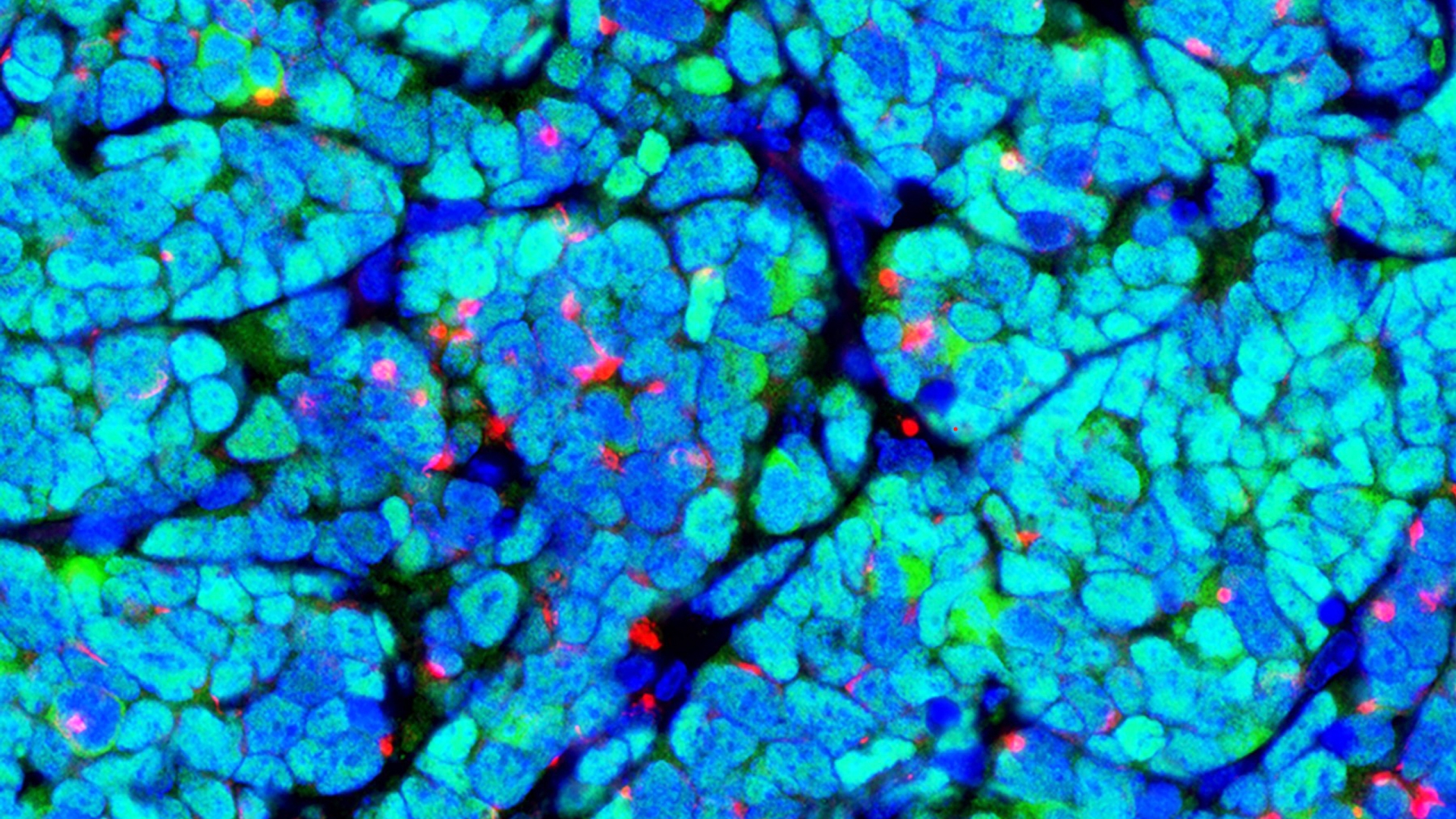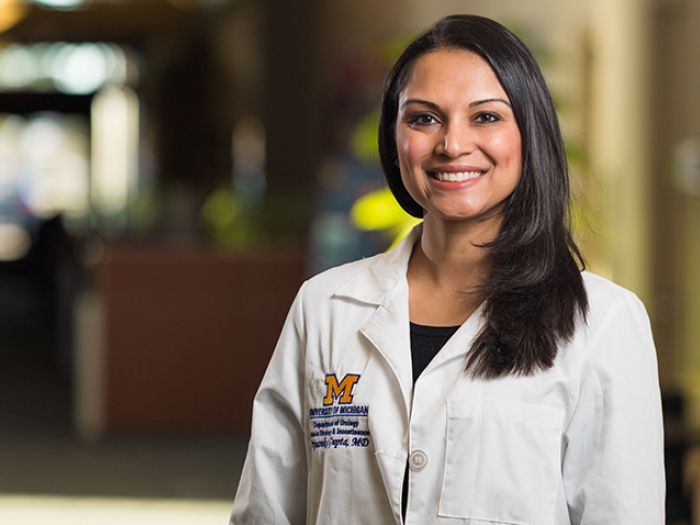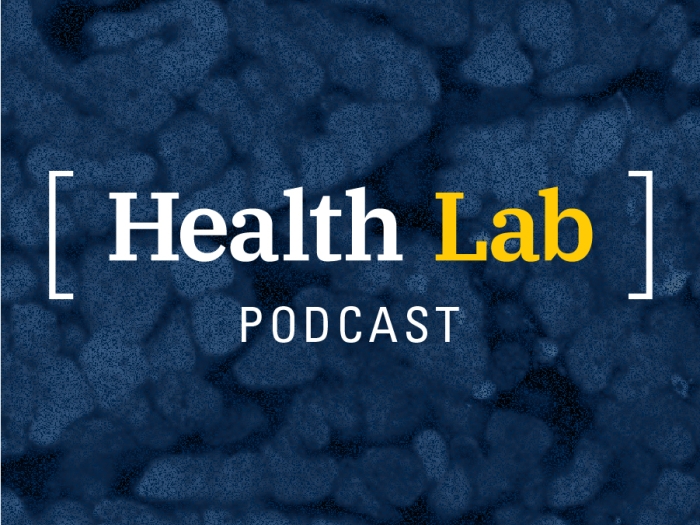Health Lab
Michigan Medicine's daily online publication featuring news and stories about the future of health care.


Health Lab
The holidays provide an ideal time to open lines of communication about how cancer and other disease histories may impact loved one’s health journeys

Want top health & research news weekly? Sign up for Health Lab’s newsletters today!

Health Lab
Phrenic neuropathy is a condition that impacts the nerve around the diaphragm making it harder to breathe, especially in situations such as lying down or being in water. The condition is treatable, with surgical intervention, physical therapy or by letting it heal over time.

Health Lab
A 21-year-old patient benefits from a novel application of responsive neurostimulation, also known asRNS, surgery to reduce seizures from drug-resistant epilepsy.

Health Lab
Currently, medical providers monitor biliary stent blockages through blood tests, meaning the problem must be significant enough for the body to notice. A sensor within the stent could enable doctors to recognize that bacterial sludge is accumulating and intervene before the patient begins to fall ill.

Health Lab
Women with urological issue may not know how common — and treatable — they are, which keeps many from seeking proper care. But help is available.

Health Lab
A low calorie diet and high intensity exercise can reduce nerve damage in prediabetic mice, according to a Michigan Medicine study.

Health Lab
One woman's unexpected lung cancer diagnosis leads her to help many who aren't aware they're at risk of the disease.

The Health Lab Podcast
Subscribe today on Apple Podcasts, Spotify, Stitcher or wherever you get your podcasts.

Health Lab
Phrenic neuropathy is a condition that impacts the nerve around the diaphragm making it harder to breathe, especially in situations such as lying down or being in water. The condition is treatable, with surgical intervention, physical therapy or by letting it heal over time.

Health Lab
A study identifies an enzyme as a new therapeutic target for “cold” tumors.

Health Lab
Cerebral palsy is defined as a childhood disorder, which fails to recognize adults living with the condition and the lack of care they receive once they age out of pediatric clinics.

Health Lab
One in seven parents think their child gets angrier than peers of the same age and four in 10 say their child has experienced negative consequences when angry, a national poll suggests.

Health Lab
Newly presented data suggest that infants who receive a hybrid stage I palliation – a less invasive alternative for initial treatment – more commonly develop necrotizing enterocolitis compared to those who receive the standard Norwood operation, a complex open heart surgery.

Health Lab
Black patients are less likely than white patients to receive certain medical tests that doctors use to diagnose severe disease, impacting artificial intelligence data. But researchers have found a way to correct the bias in these data sets.